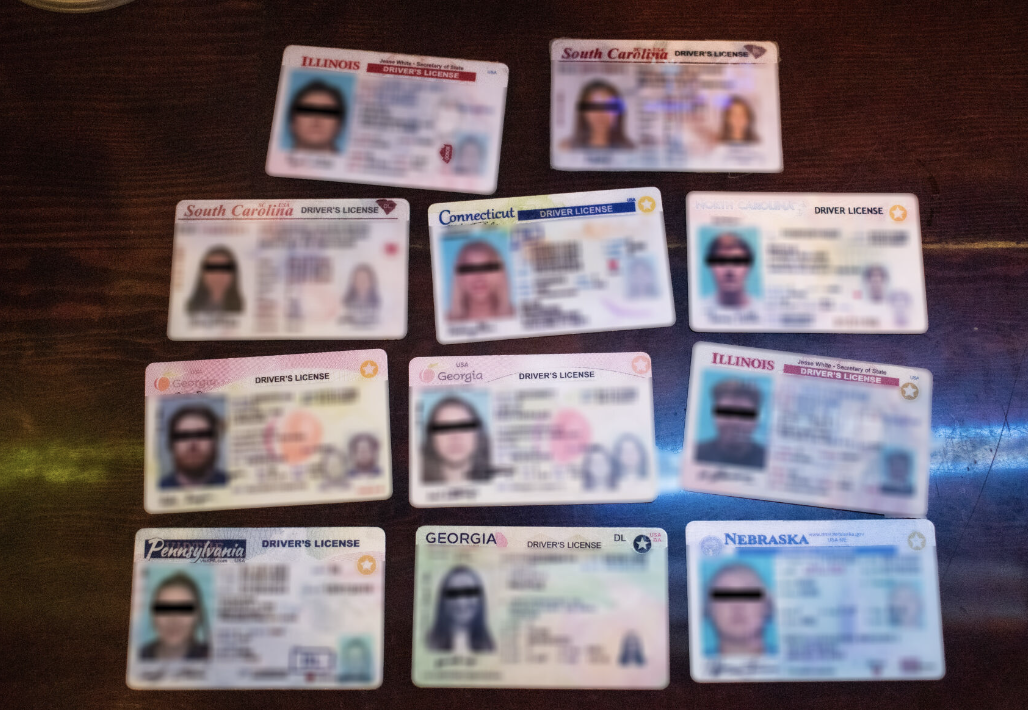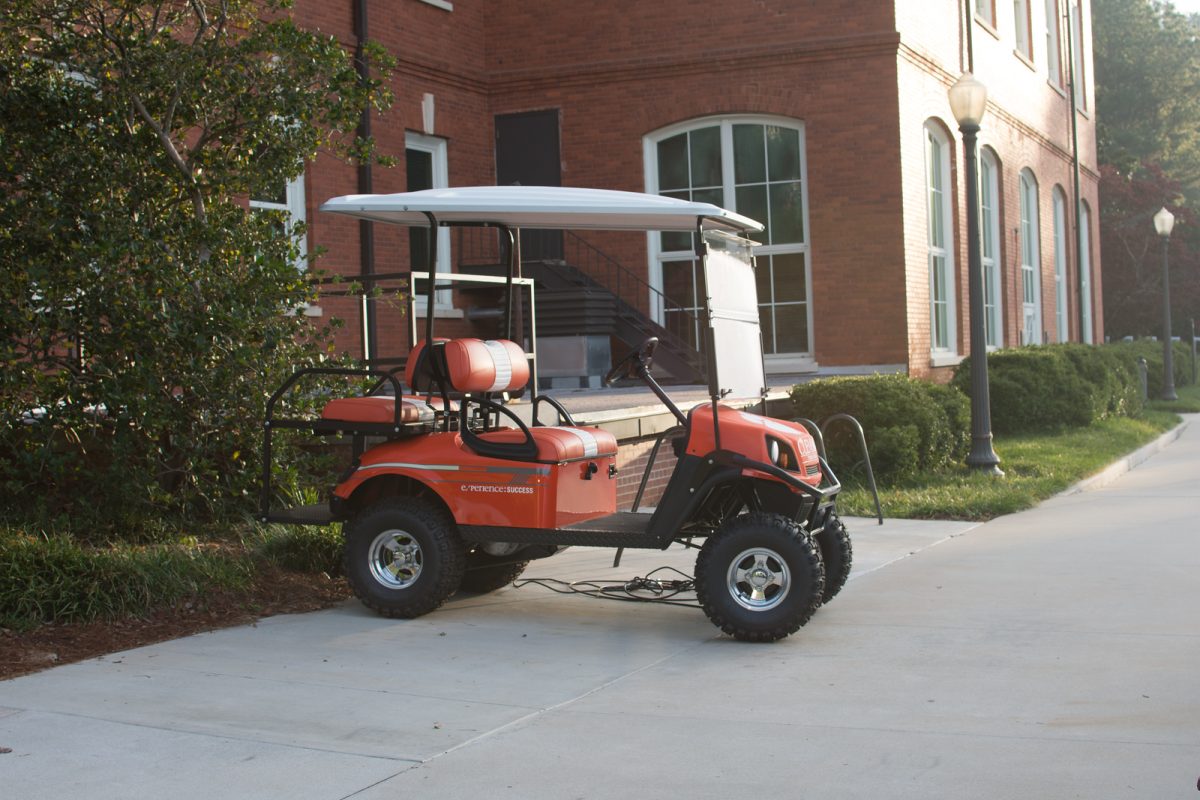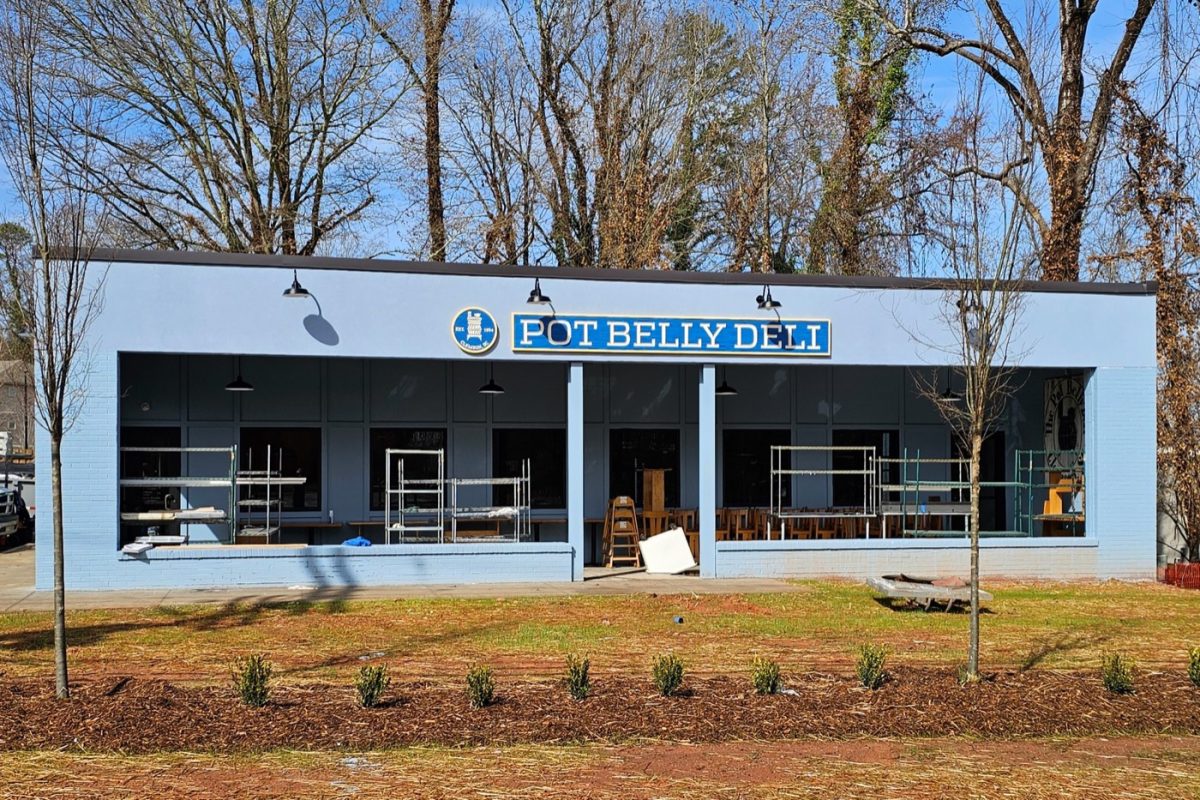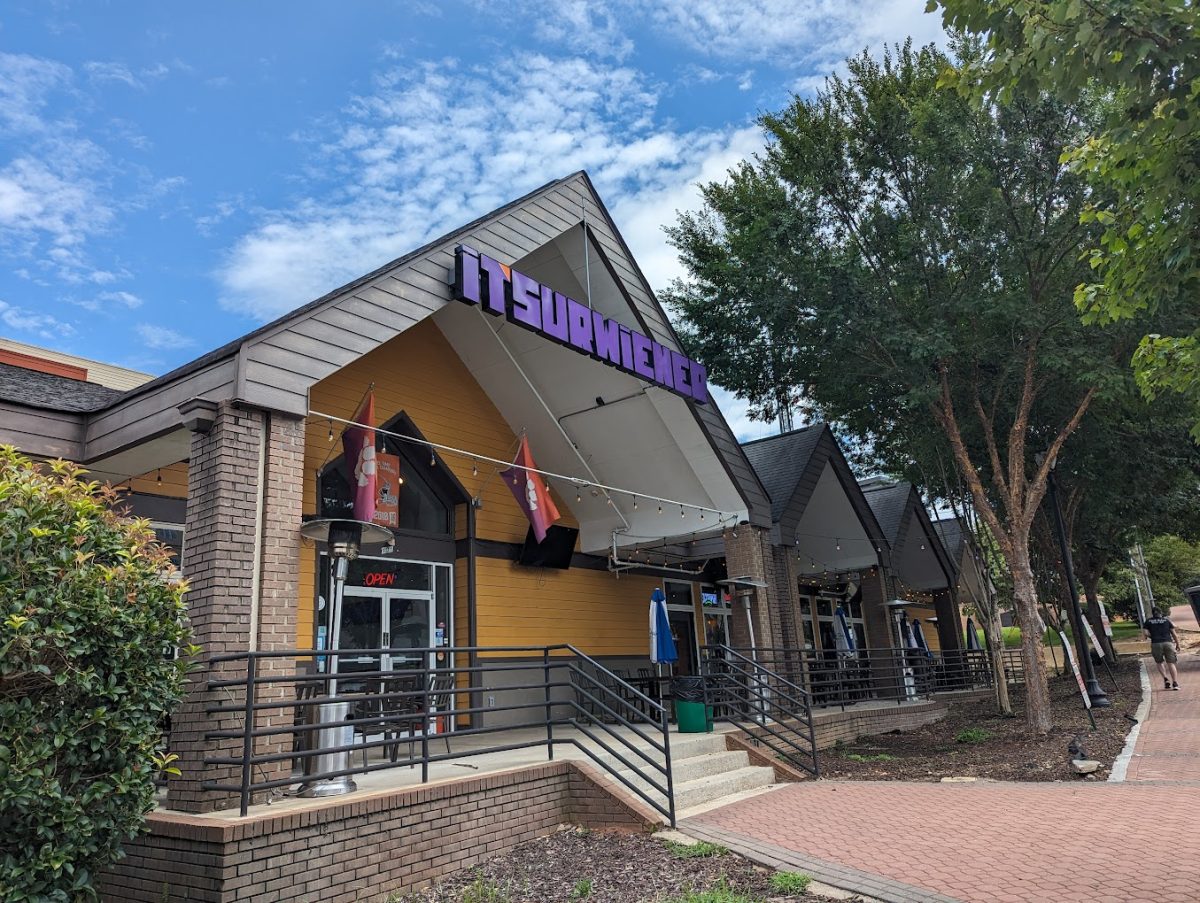The city of Clemson Police Department has proposed a new digital scanner software program to combat the use of fake IDs in the Clemson area.
City Police Chief Jorge Campos proposed at an Oct. 16 Clemson City Council meeting that Clemson implement a 12-month pilot program with Intellicheck, a software company that helps law enforcement agencies across the country validate identities. The proposed program would provide bars in Clemson with the license to use Intellicheck’s mobile app, which the company claims uses proprietary technology to scan an ID and verify if it is valid.
Intellicheck claims that its software uses a “robust” database of hidden security features that are hidden in the barcodes on the back of official IDs. This database, Intellicheck claims, is what makes its scanner more accurate than other scanners. Intellicheck’s software produces less than .001% false positive or false negative results when scanning IDs, according to a presentation Campos gave at the City Council meeting.
With the proposed 12-month pilot program, up to 15 establishments in Clemson could use Intellicheck’s scanning technology, according to the presentation. Campos’ proposal to the city council comes after the city of Charleston attempted a six-month pilot program with Intellicheck. That pilot program ended in June, flagging nearly 3,400 IDs as fake or expired over the six-month period, according to a press release from Intellicheck.
As far as a potential start date for Clemson’s program, Campos said that his goal is to implement it in January 2024. By doing so, the program’s data would coincide with the start and end date of the University’s collection of data on underage drinking among students.
That start date, however, depends on if Campos can find the funding for the program.
The one-year partnership with Intellicheck would cost the city of Clemson $3,500 a month or $42,000 for the year. As of Tuesday, Campos was still looking at how the program would be funded, as the current city of Clemson budget doesn’t allocate for the program’s cost. Aware of the cost, Clemson’s City Council has asked the University to partner on the initiative, Clemson Mayor Robert Halfacre told The Tiger.
Until Campos finds the funding for the program, Halfacre said there is no timetable for approving or voting on the program. However, city council member Catherine Watt told The Tiger in an email that the council will likely discuss the program further at its Nov. 20 meeting.
According to Campos, fake IDs are a “prolific” problem in Clemson.
In 2022, Clemson police officers handed out 340 charges for liquor law violations, according to the department’s annual crime report. At the start of the spring 2023 semester, there were 45 minor in possession charges in just one week, 37 of which came inside the bars in downtown Clemson.
Elaborating on the issue, Campos even said that, when pulling people over for speeding, there have been times that a person hands him a fake ID instead of a real driver’s license.
One owner of a well-known downtown bar told The Post and Courier that he understands why people are attempting to drink underage by using a fake ID.
“It’s the God’s honest truth, if you’re between 18 and 21 years old and you want to drink in Clemson, you can make that happen,” Tiger Town Tavern co-owner Cameron Farish said. “There’s no repercussion for having that fake ID, so really, why not try? You know, if you’re an 18-year-old, 19-year-old, 20-year-old, why not make an effort? Nothing bad’s gonna happen to you. They’ll just go to another bar that’s not using the scanner.”
Intellicheck claims it has validated 3,300,000 IDs for alcohol-related sales across the country, according to a presentation made by the company. The presentation also said its software has been used to identify 70,000 fake IDs.
During the city council meeting, Study Hall owner Jon Starkey spoke highly of Intellicheck’s software, saying it “is the tip of the spear, as far as the technology.” Campos said the bar owners that he’s talked to, including Starkey, are supportive of the program.
City council member Alesia Smith also advocated for the pilot program at the meeting.
“I think it’s a great idea,” she said. “The fact of the matter is that, hopefully, it’s deterring. That is the key is that it gives the bar owners opportunities to turn people away on a more regular basis, even though it may not be 100 percent proof, but it’s just one other way.”









